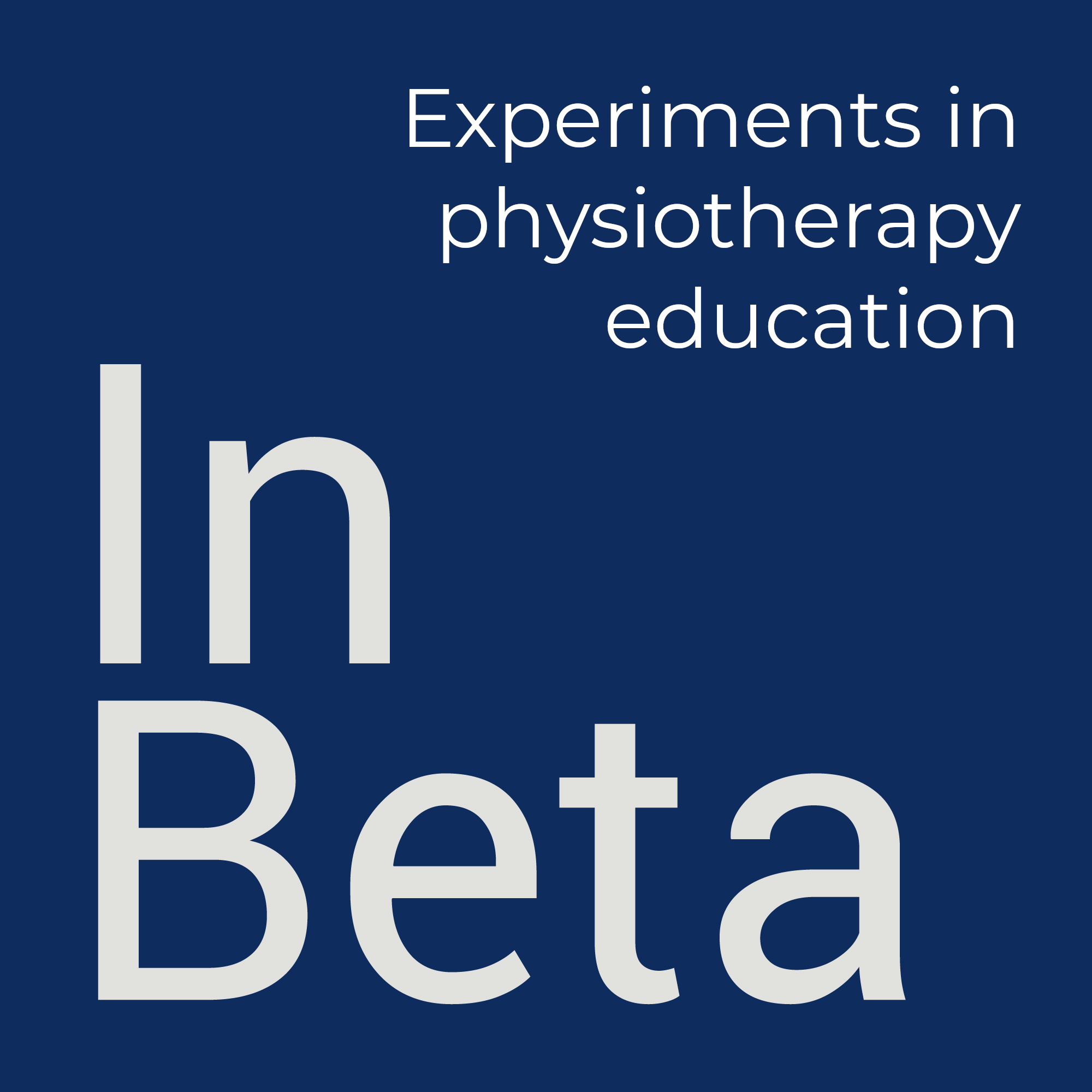In this episode, we explore Blended Intensive Programmes (BIPs), an innovative approach to student and staff mobility in physiotherapy education. These short-term, intensive courses combine physical mobility with virtual learning, fostering international collaboration. We talk about how BIPs enhance cross-cultural understanding, promote idea exchange, and offer flexible mobility options for students and staff in physiotherapy education and beyond.
Leave a CommentAuthor: Michael Rowe
In this conversation Leanne Wiles and Dean Walker discuss how they used generative AI tools like Claude and ChatGPT to simulate patient interactions for students in physiotherapy education, enhancing their communication and reasoning skills. Students interacted with AI personas portraying diverse health scenarios. The practice proved immersive and effective, displaying significant potential for flexible educational approaches in challenging healthcare communications.
1 CommentIn this episode, Dr. Danelle Hess discusses the challenges physiotherapy students face during clinical placements in South Africa, such as managing caseloads with minimal supervision and dealing with complex cases like gunshot wounds. She also explores the mental health impacts and the strategies universities use to support students. Dr. Hess also emphasises the need for resilience and coping mechanisms for students in demanding healthcare environments.
1 CommentIn this episode with Ben Gordon, the discussion explores remote-only physiotherapy, augmented by technology. We talk about how virtual care reshapes physiotherapy’s principles, focusing on accessibility, preventative care, and a shift from physical interaction to software-supported decision-making. The conversation also covers challenges to traditional professional norms, urging a reimagined, patient-centric approach facilitated by technological advancements and regulatory adaptations.
2 CommentsBen and I talk to Lambert Schuwirth about the development of HPE-Bot, a chatbot based on the GPT language model, and its implications for health professions education. The conversation explores AI’s potential effects on teaching, assessment, and learner behaviour, raising concerns about accuracy and institutional adaptation. While we highlight the ongoing challenges with integrating AI into professional education, we tend to agree that the opportunities for driving much needed change, are significant.
2 Comments




